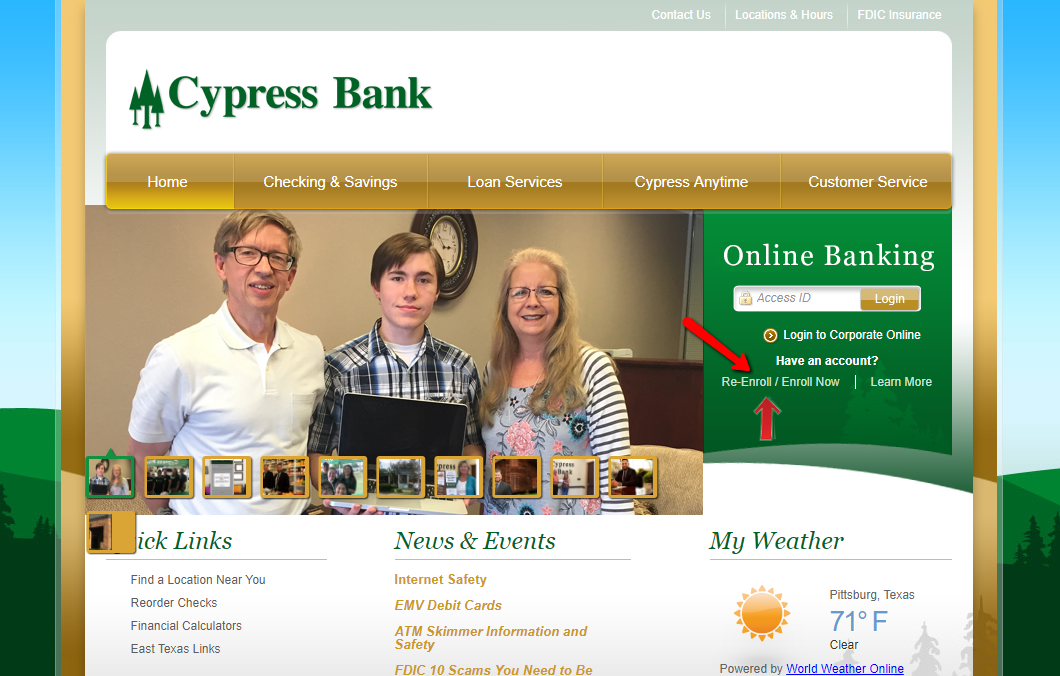Here are ten detailed suggestions for research and decision-making in evaluating sustainable wealth and firms that manage assets or. These tips will help ensure your investments are in line with your financial goals as well as values around environmental, social, and governance (ESG) factors. Each includes pros and cons to ensure a an objective evaluation.
1. Verify ESG Integration Methodology
Ask your firm about their environmental, social, and governance (ESG) and criteria for making investment decisions.
Pros: It aligns the investment with sustainability concepts.
Cons Con: Some businesses "greenwash", with unclear ESG statements.
2. Verify ESG Transparency Reporting
Tip: Ensure the firm is able to provide specific ESG report on its performance as well as carbon footprint disclosures.
Cons: Doesn't allow for precise tracking and accountability.
Cons: Some reports do not have the standardization or validation by a third party.
3. There are independent ESG certifications
Choose B Corp certified firms, PRI (Principles for Responsible Investment), and GRESB.
Benefits: It validates sustainability practices.
Cons: The certification doesn't assure the effectiveness of ESG or its quality.
4. Learn Their Investment Philosophies
TIP: Determine whether they use exclusionary screening (e.g., tobacco or fossil fuels) or positive screening (e.g. green energy, clean energy).
Possibilities: Customize portfolios that reflect your personal values.
Cons: Strict screening may restrict diversification, returns and/or diversification.
5. Ask about Shareholder Advocates
TIP: Make sure that your firm participates in any form of activism or engagement with the company like proxy voting. This could impact their sustainable policies.
Pros : Promotes corporate accountability and impact in the real world.
Cons The process takes time for the tangible effects to be observed This can affect quick-term performance.
6. Review Historical Financial Performance
Tip Analyze returns over economic cycles to evaluate balance of sustainability and profitability.
Pros: Confirms that sustainability is a factor in strong performance.
Con: ESG is not as active in certain industries (e.g. mining and oil).
7. Check Asset Allocation Strategy
Tips. Diversify across sectors such as renewable energy (such as wind, solar, and hydro) as well as clean tech (such as health care) as well as ethical bonds.
Spreads risk, and aligns with values.
Cons: The limited access to traditional industries could affect the return.
8. Understand Their Risk Management Practices
TIP: Ask what ESG (environmental social, and governance) risk factors, like changes in the climate, regulations or labor practices, have been included in risk modeling.
Pros: Enhances long-term resilience.
Cons: Interpretation of risk metric and validation can be a challenge.
9. Review their client onboarding process
Tip: A good firm should be able to comprehend your financial goals as well as ethical preferences.
Benefits: Portfolios tailored to your needs that better align with your goals.
Cons: Initial setup can be time consuming.
10. ESG scoring methods
Verify if the company employing proprietary or third party ESG scores.
Cons: Doesn't offer the accuracy or precision needed for a customized analysis.
Cons: There are some inconsistencies between scoring systems, which could create confusion. Read the best wealth management firms for site examples including commercial bank & trust, banking as a service, first united bank and trust mortgage, first united bank and trust login, partnership bank, family owned banks, bank united states, best us online banks, family owned banks, united bank online login and more.

10 Tips On Business Banking Accounts In Naples, Florida
There are ten detailed tips for opening an account with a bank for business in Naples, Florida. Each has a thorough description, pros, cons and other information to assist entrepreneurs and small businesses make the right choices to the local economy as well as financial environment.
1. Request Local Decision-Making Businesses Loans
Tips: Community banks such as First Florida Integrity Bank often decide to lend locally.
Pros: Faster decisions Better understanding of the local economic environment.
Cons: You might not be able to get the same rates at a lower cost as large national lenders.
2. Think about a Business Line of Credit For Cash Flow
Tip: While you may not need it now, a line-of-credit can help with unexpected expenses as well as seasonal dips.
Pros: Flexibility and you only charge interest on the amount you make use of.
Pros: Needs collateral or good credit history.
3. Check the features of ACH as well as wire transfers
Make sure that your bank can support regular ACH payments and same-day wires for payments to vendors, contractors, or suppliers electronically.
Pros: It streamlines large or regular payments.
Cons: Fees per transaction or monthly setup costs could be a part of the price.
4. Positive Pay and Account Alerts in order to prevent Fraud
Fifth Third Bank and Wells Fargo provide tools to combat check fraud and ACH fraud.
Pros: Increased safety for your business financial transactions.
Cons: Only available for higher-tiered business accounts.
5. Cash Deposit Limits are Important if You Deal with Cash
Tip: Some banks charge fees for deposits exceeding $5,000-$10,000 per month.
Cons: Can help you determine the costs of banking in businesses with high cash flow.
Cons: Additional costs for businesses with high volumes (e.g. Restaurants, stores).
6. Discover Business Credit Cards that offer Rewards
Naples banks provide a variety of business credit cards that integrate with checking accounts and provide benefits for travel and cashback.
It can help you monitor business spending and increase credit.
Cons: You may require a personal assurance. High APRs for payments not paid on an annual basis.
7. Confirm FDIC or NCUA Insurance Limits
Tips: FDIC (banks) or NCUA (credit unions) insurance protects up to $250,000 per institution per bank.
Benefits: It protects your money and business in the event of a bank insolvency.
Cons: Needs diversification across institutions, if you own more.
8. Create a business bank account that has expansion in mind
Look into regional banks like Truist and Synovus If you are looking to extend the reach of your bank into Fort Myers.
Pros: Increased support as your business expands.
Cons: Bigger banks may charge higher fees, and they may not offer the same level of personal service.
9. You can find free networking or financial education events by checking the list.
Local banks in Naples often organize workshops on topics including tax management, cash flow management and marketing.
Pros : There are many opportunities to network and also free training.
Cons: Events can be rare and infrequent or limited to only startups.
10. Bring proper documentation when opening an account
Tips: If you're opening a Naples-based business bank account ensure that you have your EIN and Articles of Incorporation as well along with your business license as well as an operating agreement.
Cons: Account opening is not as fast or as successful.
Cons: You may be denied or delayed in the event that your documents are not present. Check out the top rated Cypress Bank & Trust Naples for blog info including home loan and investment bank, top ten banks in the united states, first bank and trust credit card, real bank, best banks in san antonio, different type of banks, the bank of the west, trust bank customer service, bank in online, first united banks and more.
